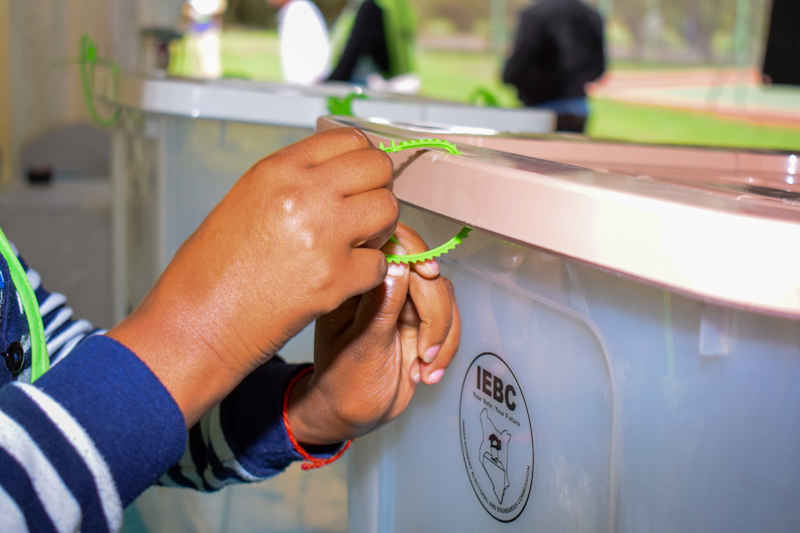The Independent Electoral and Boundaries Commission is facing a legal and constitutional dilemma as it prepares to conduct 22 by-elections across the country, some of which have already exceeded the 90-day window required by law.
A key concern for the commission is how to handle the polls in areas where the constitutionally set deadline has already passed. According to Article 101(4)(b) of the Constitution, a by-election must be held within 90 days of a parliamentary seat falling vacant, unless the vacancy occurs within six months to a General Election.
“We have already received writs from the Senate for the senatorial vacancy and are processing the rest. However, we are also seeking legal direction on how to proceed in cases where the 90-day constitutional deadline has lapsed,” said IEBC Chief Executive Officer Marjan Hussein Marjan.
He made the remarks in Mombasa, where the new commissioners are undergoing an induction retreat.
The orientation brings together governance and legal experts, as well as former commissioners, to take the new team through the commission’s legal, institutional and operational structures.
IEBC Chairperson Erastus Ethekon said the closed-door training sessions are part of a week-long programme to help the new officials understand their responsibilities and prepare for the electoral tasks ahead.
Marjan added that the sessions aim to equip the commissioners with the right tools and knowledge, especially as they deal with delays in election timelines.
Although the commission intends to hold all 22 by-elections on the same day, the legal ambiguity surrounding the expired deadlines could interfere with that plan.
Formal dates will be announced after internal consultations are completed and legal clarity is obtained.
Marjan noted that the upcoming polls will be a major test for the newly constituted commission as it begins to prepare for the 2027 General Election.
“This is a pivotal moment for the commission. It will be the first electoral assignment for the new team, and it will define public confidence in our preparedness going forward,” he said.
On Thursday, the commissioners held consultations with former IEBC officials to tap into their experience and institutional knowledge.
At the same time, the commission is under growing pressure to establish at least 100 more diaspora registration and polling centres before the next General Election.
The demand comes amid calls from senators who want to see increased participation by Kenyans living abroad.
They argue that although more than three million Kenyans reside in the diaspora—representing about six percent of the population—only a very small number are able to take part in elections.
In the 2022 elections, only 5,000 out of the 10,000 registered diaspora voters cast their ballots.
Currently, there are only 27 polling centres in 12 countries, all located in capital cities or areas with Kenyan embassies, high commissions or consulates, limiting access for many potential voters abroad.
Speaking in the Senate, Busia Senator Okiya Omtatah said the current arrangement undermines the constitutional rights of Kenyans in the diaspora.
“The 27 polling centres are limiting the chances of potential voters from exercising their constitutional right to vote,” he said, adding that high travel costs, visa barriers, time off work and other logistical difficulties make the process even harder.
He urged the IEBC not only to open more centres but also ensure they are functional and well-monitored in the lead-up to 2027.
“There is a need to increase registration and polling centres in the diaspora to grant an opportunity for Kenyans abroad to vote,” he added.
In the 2017 elections, diaspora voter registration was done in only five countries; Burundi, Tanzania, Rwanda, Uganda and South Africa and only in their capital cities for two weeks.
By 2022, the number of countries increased to 12, with the inclusion of the UK, USA, Germany, Qatar, UAE, Canada, and South Sudan. This expansion raised the number of registered diaspora voters from 4,223 in 2017 to 10,433 in 2022.

